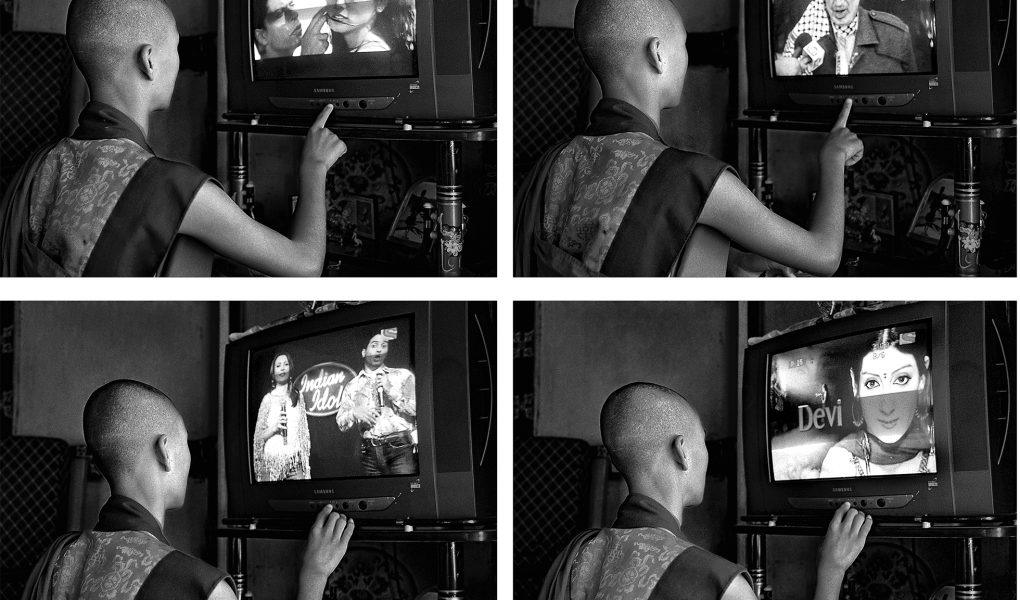lotusyouthcouncil.com – Bhutan, a small Himalayan kingdom, has a unique and fascinating history with television. Unlike many other countries, Bhutan only began broadcasting television in 1999, making it one of the last countries in the world to do so. This late introduction of television has led to a complex relationship between modernization and cultural preservation in the country.
The Arrival of Television
Television was introduced to Bhutan in 1999, a decision made by the then-king, Jigme Singye Wangchuck. The king’s move was part of a broader strategy to modernize the country while carefully managing the potential cultural impacts of this new medium. The Bhutan Broadcasting Service (BBS), the country’s first television station, was launched just three months after the king’s announcement, in a hurry to meet the growing demand for television content.
The Bhutan Broadcasting Service (BBS)
The BBS, a state-funded entity, became the sole broadcaster in Bhutan. Initially, it broadcasted news, documentaries, and entertainment programs for one hour in the evening, from 7 p.m. to 8 p.m., seven days a week. Over time, the BBS expanded its programming, including the launch of its own soap opera, which has become increasingly popular among Bhutanese viewers.
Challenges and Restrictions
The introduction of television in Bhutan came with significant restrictions. The government maintained a complete monopoly on the market, ensuring that all content was state-controlled. This was done to mitigate the potential negative impacts of foreign media on Bhutan’s unique culture and values. Despite these efforts, the influx of foreign content, particularly from Hollywood and Indian television, has been a concern for the authorities, who fear the erosion of traditional Bhutanese culture.
Cultural Impact
The arrival of television has had a profound impact on Bhutanese society. While it has brought modern entertainment and information to the country, it has also raised questions about the preservation of Bhutan’s distinct cultural identity. The government has been particularly concerned about the influence of materialistic and consumerist values that come with global television content.
Conclusion
Bhutan’s journey with television is a story of balancing modernization with cultural preservation. The country’s cautious approach to introducing this medium reflects its commitment to maintaining its unique cultural heritage. As Bhutan continues to navigate the complexities of the digital age, the role of television remains a critical aspect of its ongoing development.




